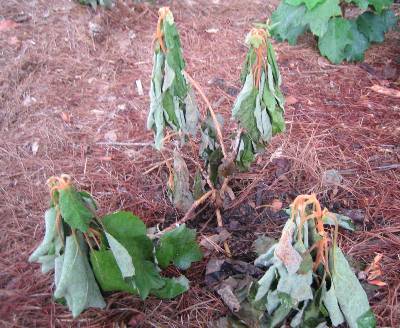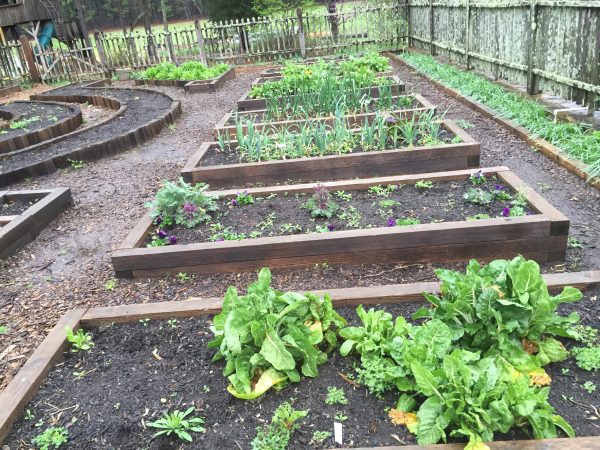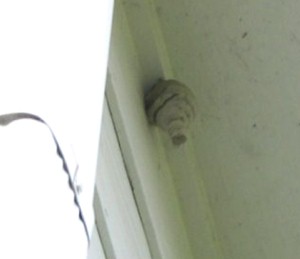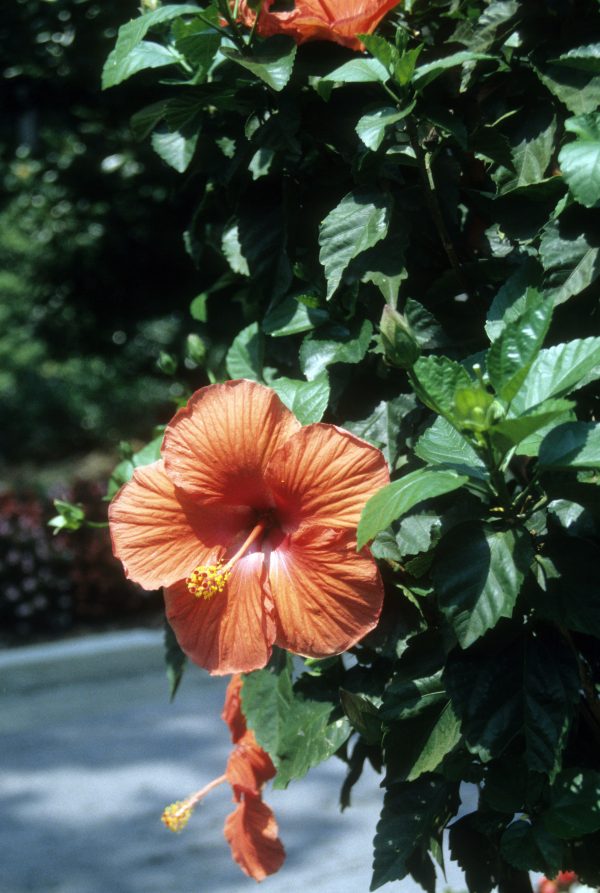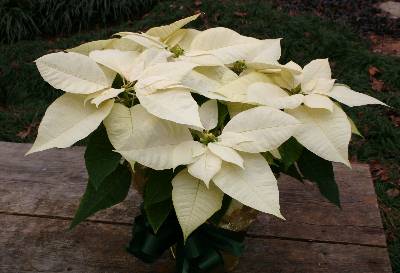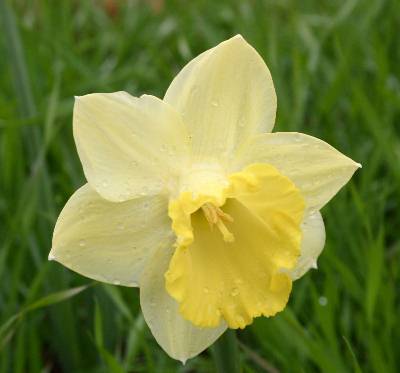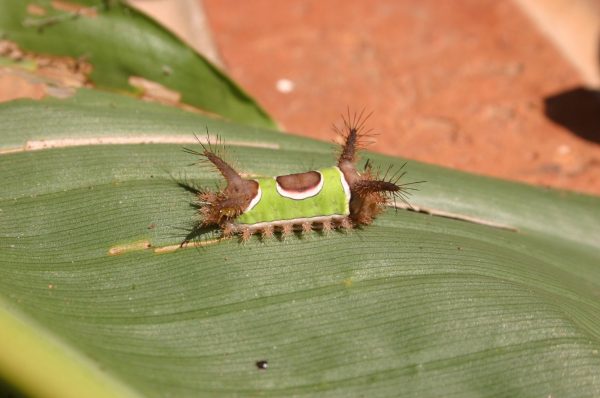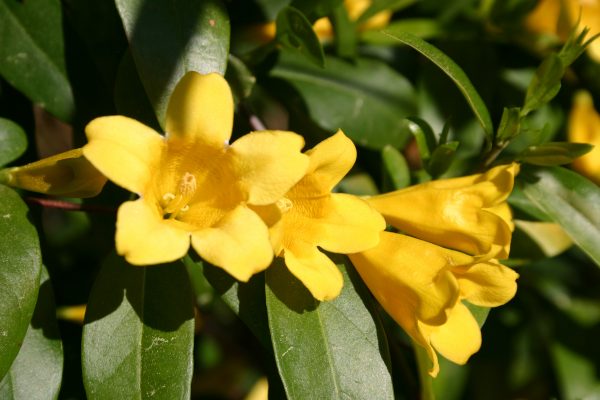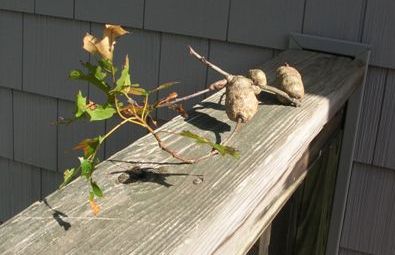Cotton – Planting
Q: Would you please give me some information on how to plant cotton seeds? I went to the library so see if they had a book on this subject but they did not.
A: Before you plant the cotton seed you must have permission to grow it. The staff of the Plant Protection Division in the Georgia Department of Agriculture says that they only grant permission to educational or historical organizations. Only rarely would they give it to individual homeowners. Their reasoning is that uncontrolled cotton gardening could lead to an outbreak of the cotton boll weevil.
The response may seem extreme but you have to look at the situation through the eyes of Georgia cotton farmers. Their crop averages more than $500 million at the farm gate each year. They could not be so successful if the cotton boll weevil ever again became epidemic in Georgia like it was earlier this century. The Georgia cotton crop declined by eighty percent only seven years after the boll weevil appeared in Thomasville in 1915. It spread to forty Georgia counties in four months. From this you can grasp the fear that cotton producers have for this destructive insect.
A massive boll weevil eradication program began in 1960, utilizing high amounts of pesticides. By 1980 researchers found that they could dramatically reduce the amount of poison used if they closely monitored the weevil population with pheromone traps placed alongside cotton fields. The green traps you see along the highway in south Georgia are a part of this monitoring program. By 1996, the boll weevil was considered eradicated in Georgia and a $720 million crop was harvested.
The Georgia Department of Agriculture requires all growers (even homeowners) to be a part of the monitoring program. Due to manpower limitations, they can’t be expected to go out and install a trap in home gardens.
Now you can see why “ornamental” cotton is viewed with such consternation by farmers. If a few weevils develop undetected, an entire crop and livelihood could be threatened. If you want to see cotton growing, visit the Atlanta History Center (404-814-4000). Their experts do a fine job describing the culture and history of this great Southern crop.



